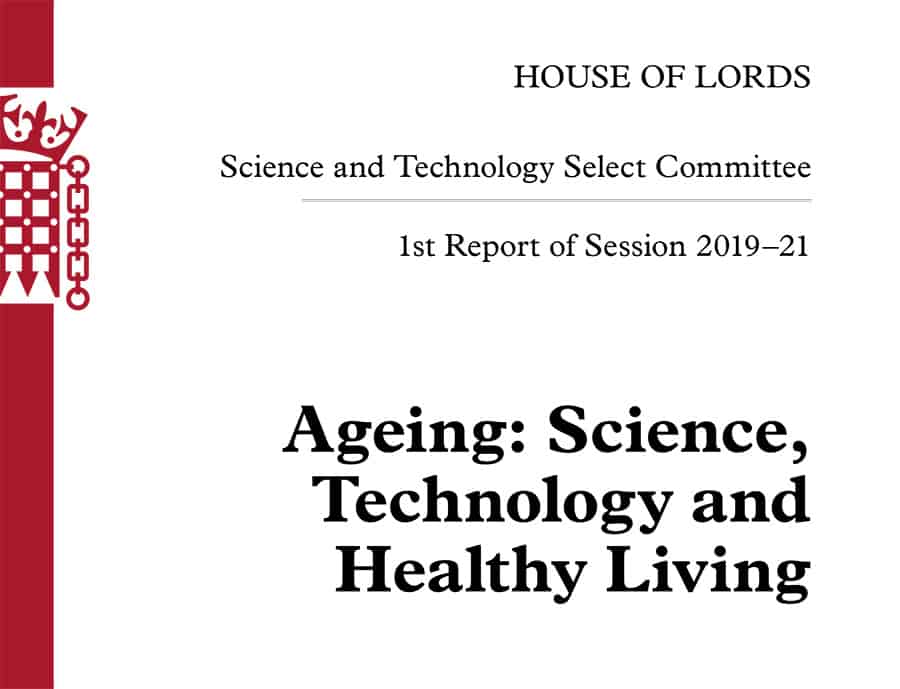Local authorities should introduce more telecare services to support the elderly, report suggests

The House of Lords Science and Technology Committee recently published a report, which outlines a series of recommendations to government to increase healthy life expectancy, with a focus on assistive technology and inclusive designs.
Entitled ‘Ageing: Science, Technology and Healthy Living’, the report explores how health services could be coordinated to better treat people with multiple age-related illnesses.
The committee also considers the role of telecare devices in helping older people to remain safe and independent in the home, putting forward suggestions for the UK Government to consider.
The report recognises the potential of telecare solutions and services to aid independent living and give confidence to older people and their families about living alone.
Stuart Butterfield, Chief Executive of Canary Care, told the committee that the main telecare devices used in the UK are pendant alarms, pull cords and fall detectors, which send alerts to family members or service providers in the case of emergencies.
However, he said that although there are four million potential telecare users in the UK, there are just 1.7 million telecare users – a figure that has not moved in the past decade.
Many telecare systems’ technology is quite basic, the report notes, but significant change is expected in the next few years due to the digital switchover planned for 2025. Currently, many of the alarm systems use analogue technology (phone lines) to send the alerts, Stuart told the committee.
Newer digital technology, in contrast, can do more than to respond to incidents, the report states, as it can monitor people’s activities. This means that detection of a change in an individual’s routine could point towards a potential decline in function and trigger action to avert accidents. This could prevent health conditions from worsening and reduce hospital admissions through early intervention methods.
As a result, the committee recommends that the UK Government considers more widespread use of telecare services to monitor elderly individuals in the home so that they can live independently in their own homes for longer.
It added: “The upcoming digital telephone switchover provides impetus for this change and is an opportunity for local authorities to introduce more comprehensive services to facilitate safe and independent living.”
StackCare UK recently launched a new home-monitoring system that uses wireless smart motion sensors placed in key locations around the home to track an individual’s daily patterns of behaviour.
To see the latest telecare solutions available in the UK, click here

